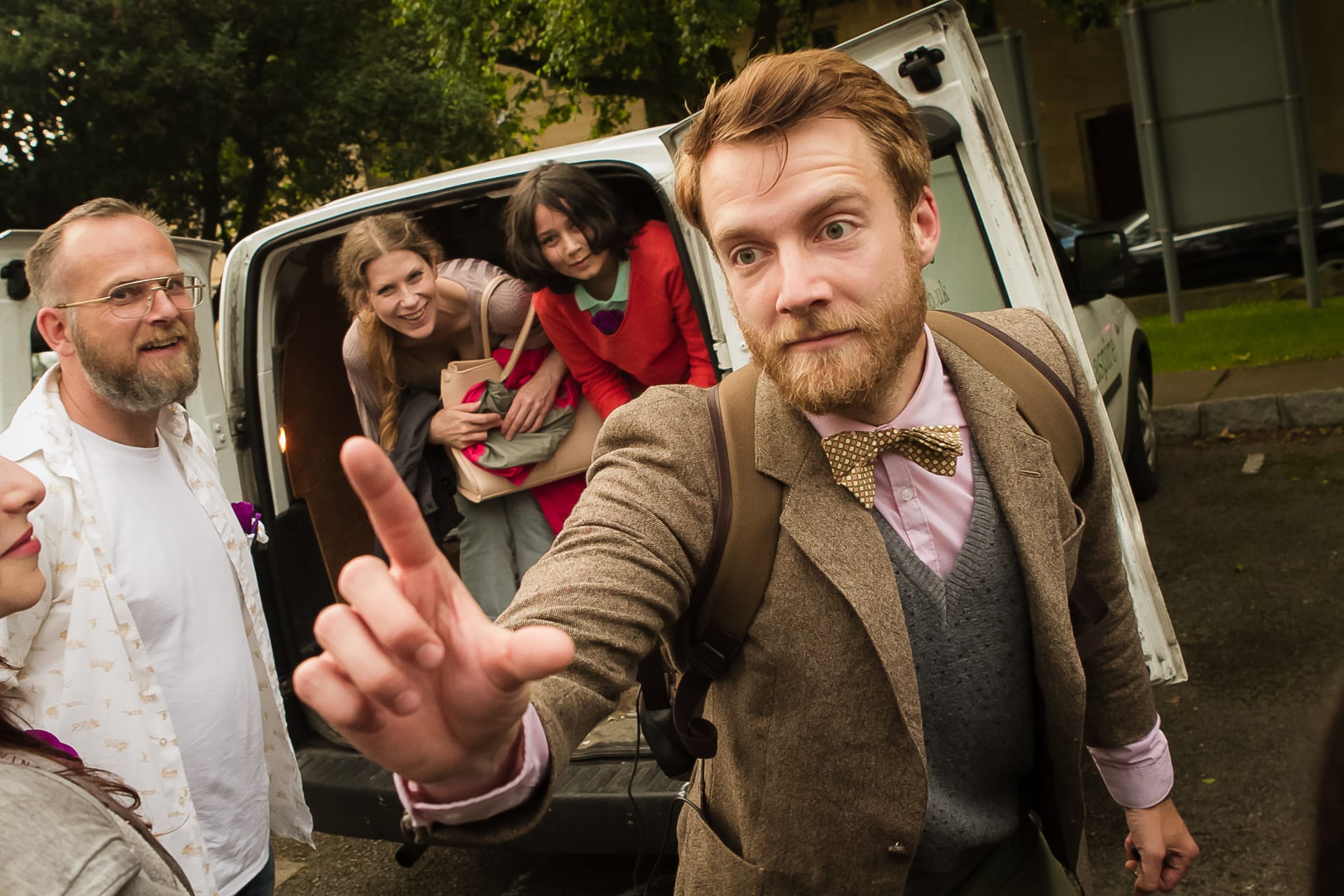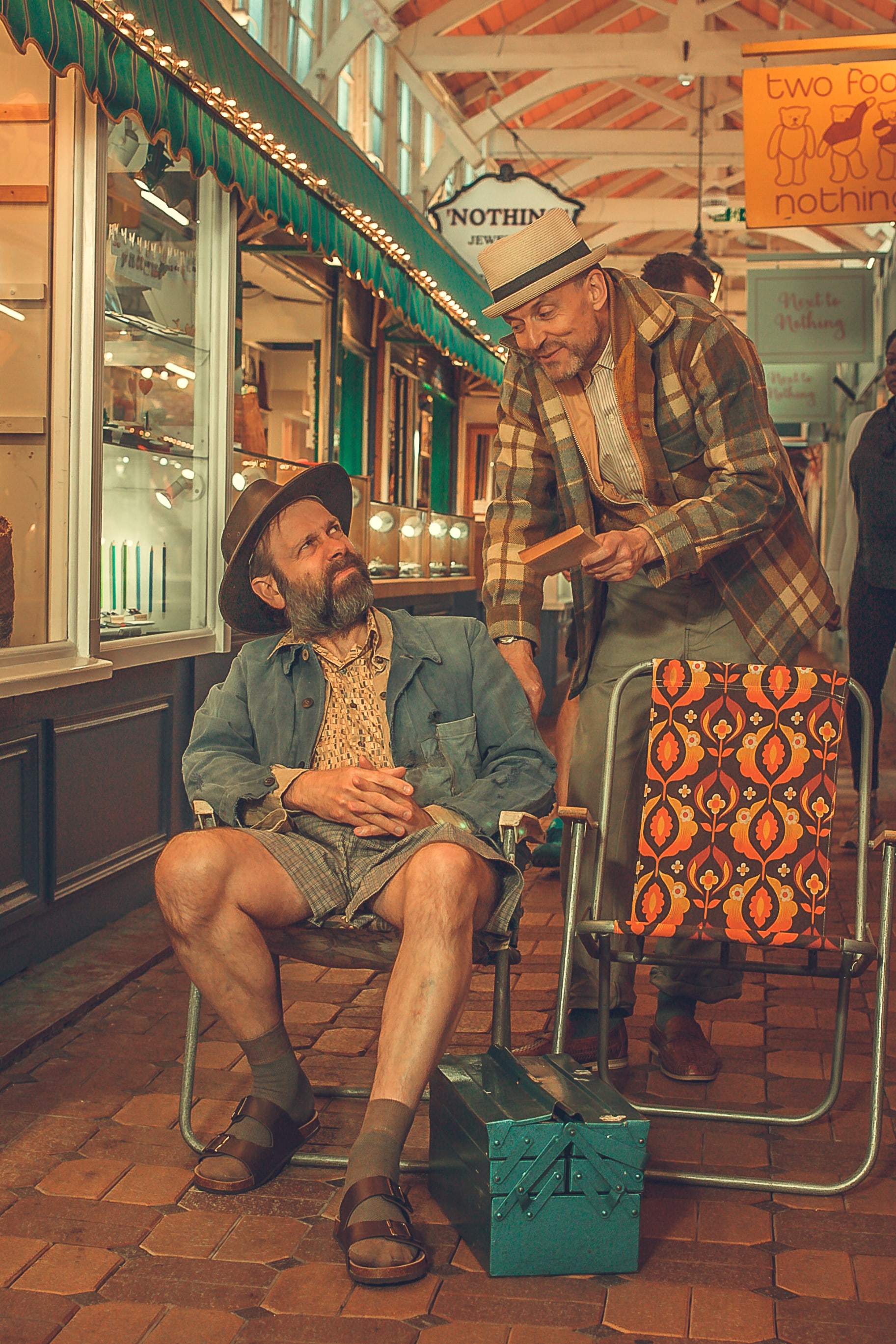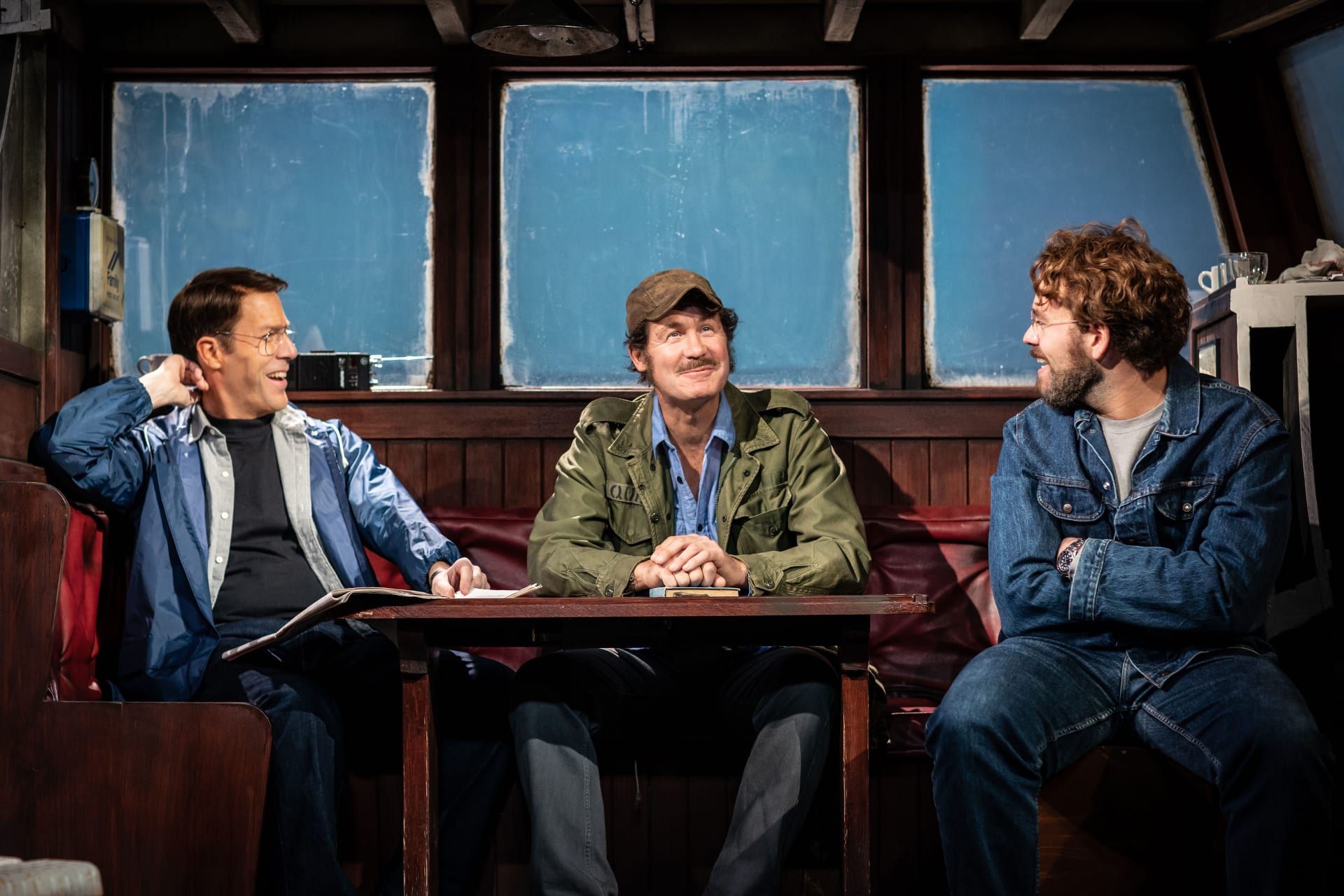The Tempest | Until 15 August | Osney Mead Industrial Estate
This summer, Creation Theatre is bringing back the hugely popular format of its sellout summer 2016 and 2017 productions of A Midsummer Night’s Dream for its presentation of The Tempest. In small groups the audience will convene in a secret location before travelling around Osney Mead discovering the scenes and characters of the play in the last places you’d expect to find them. After directing Dream for Creation in both 2016 and 2017, Zoe Seaton returns to the helm for this new piece of game theatre. From Northern Ireland, where her own theatre company Big Telly is based, she chats Love Island and rollercoasters.
Before we talk Creation, let’s talk Big Telly, which you established in 1986 – what kind of theatre company is it?
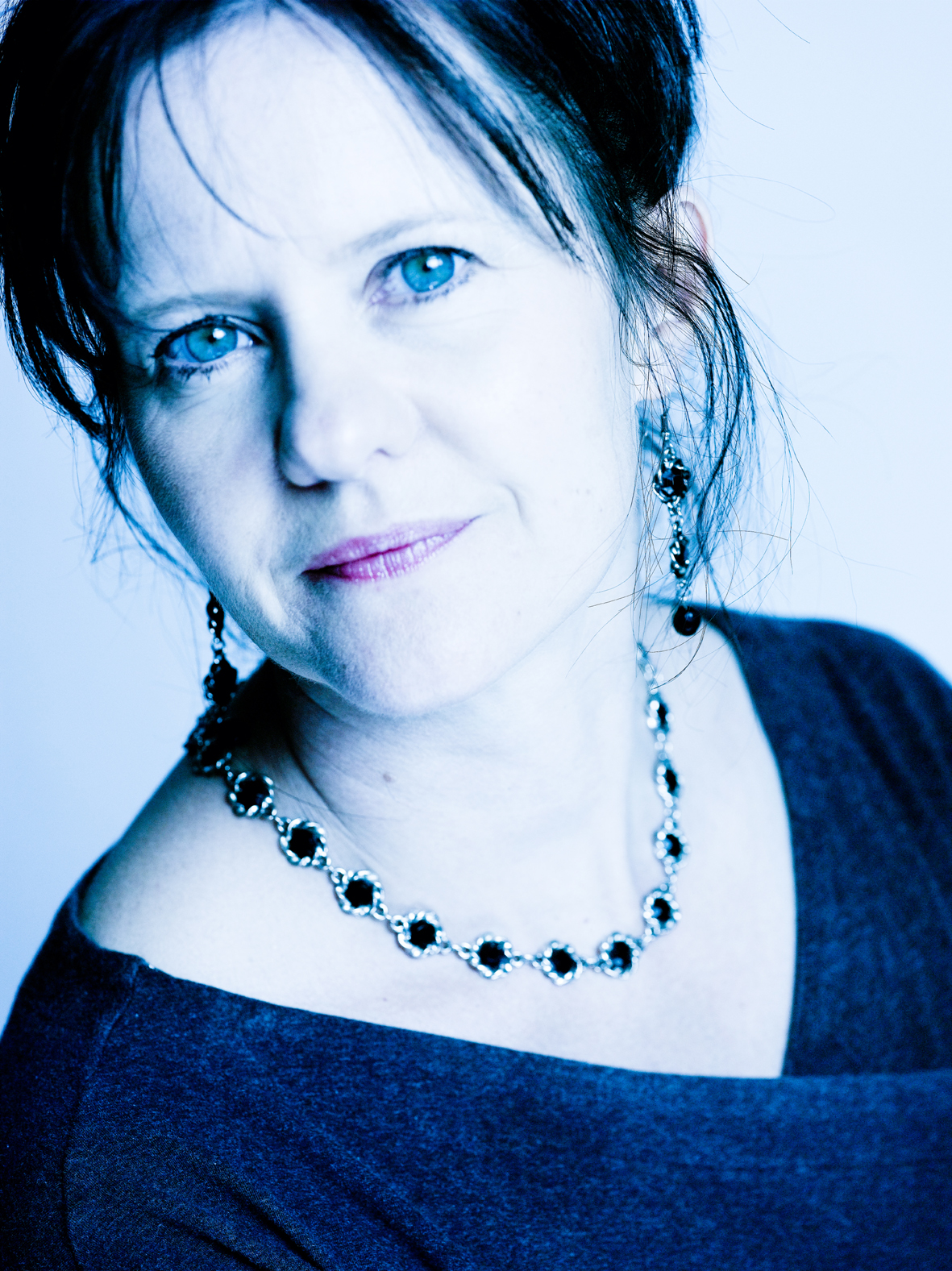
It’s quite an experimental company, the projects have been widely different and we’ve kind of reinvented ourselves so many times because we’re trying new things all the time. We did a show with 20 people in it that toured swimming pools across the world, we’ve done tiny shows in shops, we have a four-seater portable theatre, we do a lot of site-specific work and a lot of game-based work – we don’t do so many plays any more, plays are really quite dull sometimes.
Where does the name come from?
We met a deaf girl who used to ask her dad if she could go to the big telly, and that meant the theatre – and we loved it. It’s a kind of ridiculous name because we’re not at all like TV; we’re very theatrical and not at all naturalistic.
Are you a telly fan?
I just finished Years and Years. I cried and was utterly anxious throughout – it was absolutely brilliant.
You’re working with Creation again for The Tempest – what makes the play appropriate for today?
It’s a really good story – I think that’s relevant. It’s also relevant because of colonisation, because of ‘the other’, and because of how people conspire against each other and the circumstances in which people show their worst colours – on Love Island you see the worst of people, in The Tempest people get marooned on a desert island and then they really show their true colours. The magic in it is interesting, the way Prospero manipulates the world and people in it, and positions himself as the grand auteur of everything. He’s a really interesting character; he opens up graves and lets zombies out, and he’s also a dad trying to do the best for his kid.
What do you make of Caliban?
I’m Irish and the theme of colonisation is very pertinent here. For me Caliban is the colonised, but that also doesn’t necessarily mean he behaves well. In one way he’s a victim, in one way he’s an aggressor and a threat – I’m interested in the complexity.
Tell us about the game theatre style you’re using for the show.
Theatre has to see Netflix as its main competitor and we have to say ‘what are we offering that’s different?’ And I think we have to place the audience in the centre of the experience, they should feel like they’re lost in a strange environment. Some of game-making is about how you make it really clear that people can get to certain places, but it’s also about making it really clear when you want to lose people. This is not promenade, it’s not guided, there isn’t a map – we’re constantly hijacking people’s routes so that it doesn’t feel too orchestrated. We’ve got nine absolutely brilliant actors. Not only are they brilliant actors, but they’re brilliant makers. There are pieces of action that aren’t in the play text inspired by the location and the structure we’re working with. We go into a space and say ‘what's the best thing that can happen in this space, the maximum craic?’ That could be somebody jumping through the skylight which will shatter, or somebody banging on the window and telling the audience to duck. So we come at it from wanting to tell the story but also the story the space might have. You treat every location like it’s a kind of escape room and an opportunity for surprise.
Are you always looking at things taking place outside the conventional theatre world for inspiration?
Always. I’m going to Alton Towers for the weekend tomorrow because I want to go on the Wicker Man ride. I’m just interested in the live experience, so I’ll look at escape rooms and theme parks and see what bits we can steal, what bits they do best and how we can bring them into our world.
Don Quixote | 23 August-28 September | Covered Market
A week after The Tempest ends, Creation stage Don Quixote in the Covered Market. Adapted and directed by Jonathan Holloway, the production remains faithful to Cervantes’ 17th-century paean to growing old while simultaneously refashioning it as a fable for our times. Holloway first directed for Creation back in 2014, with Macbeth at Lady Margaret Hall. More recently he has worked with the company for 1984 at Oxford’s Mathematical Institute and Brave New World in the Westgate Centre. Here he takes some time out of Don Quixote rehearsals to talk the aging population and unconventional spaces.
When did you first encounter the story of Don Quixote?
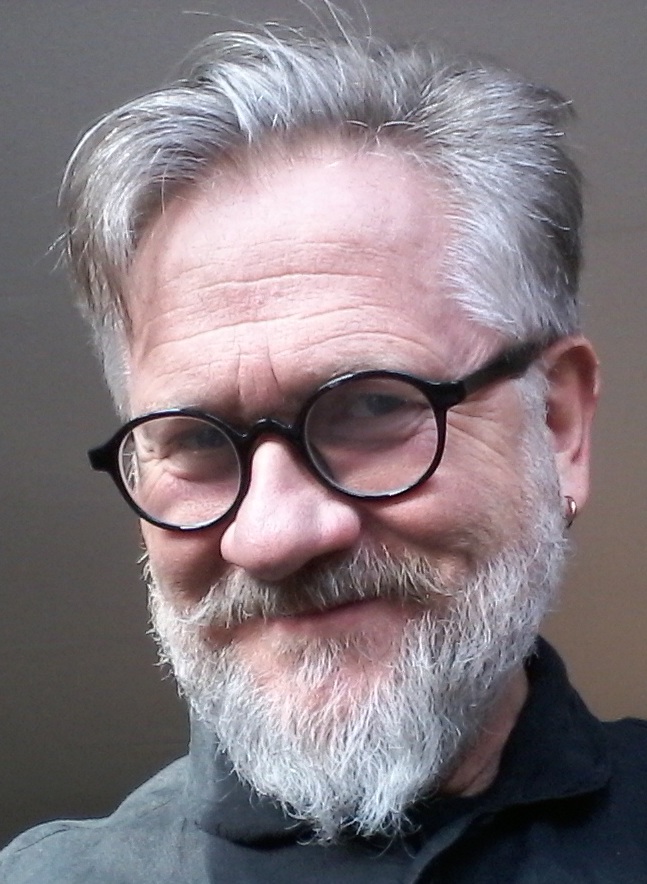
When I was a kid I lived abroad and there was a series of American English language comics which were part of the Cold War American effort to spread English throughout the globe. One of the Classics Illustrated comics was Don Quixote so that’s the first time I came across it. Since then I’ve read it in fits and starts and also seen various film and theatre adaptations – in the seventies there was a stage adaptation called Man of La Mancha which had that famous, rather cheesy song in it, The Impossible Dream. So I’ve been aware of it for a long, long time. It’s not an easy book, it’s very long, and what usually happens when people dramatise it for television or film, is they pick the bits from the story that are best known. So there’s the whole business of him falling in love with the poor servant girl and imagining she’s the lady of quality for whom he jousts, slays dragons and combats evil knights; there’s the famous episode of when he charges the windmills imagining them to be evil giants; and he sets free a group of criminals thinking they are heroes being kept in slavery by villains – there are lots of endearing episodes.
It was published in two parts, the first in 1605 and the second ten years later, what’s its relevance 400 years on?
It used to be assumed life was over by the time you hit 55 but now everybody assumes they are going to live into their eighties or nineties. We are living longer and Don Quixote is significant because it’s about what you do with yourself when the younger world regards you as redundant, when the younger world doesn’t want to know what you think any more. That’s quite relevant to Don Quixote and the fact he invents an adventure for himself.
You directed Creation’s Brave New World in the Westgate last year. What was that experience like?
Really interesting and quite exciting. There were people still shopping until about halfway through the show in the evening, and they didn’t understand what was going on. The show was entirely heard via wireless headphones, so although you could walk into the space and see there was an audience and that there were actors, you didn’t really know the nature of the thing that was going on. In a way the space and the people in the space became the setting for the show.
What is it about Creation that makes you keep working with them?
When you’re watching a theatre show on a stage, you can see the edges of the proscenium arch, and yet you’re supposed to imagine the world you’re seeing within the frame expands beyond the rectangle you’re looking at. The thing I really like about site-specific work is that you don’t have to imagine it expands, you can see it expanding. Creation is one of the few companies in this country that repeatedly does that work using classic film and literature as the basis. A lot of site-specific work that happens in the UK is original, devised by companies, new stories invariably about contemporary issues. I like actually bringing a period into a contemporary setting, reimagining it for a contemporary audience and putting it into a non-traditional space.
Why the Covered Market for Don Quixote?
The Covered Market is very good for us because it’s a labyrinth, a warren of corridors, and although we’re making a piece of theatre which will sit in one of the larger open spaces, you do have this sense as you watch the show that it keeps disappearing off into corners and coming back again. And the building has a less jazzy, up-tempo, sharp-edged character than somewhere like the Westgate; there’s a kind of friendly gentility about the Covered Market that means it’s very much in sympathy with the content of the show.

